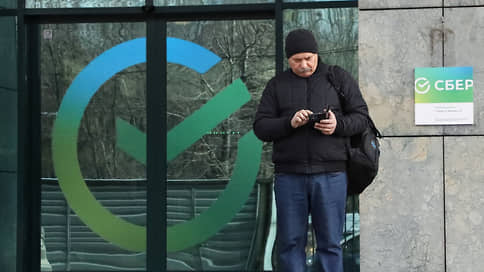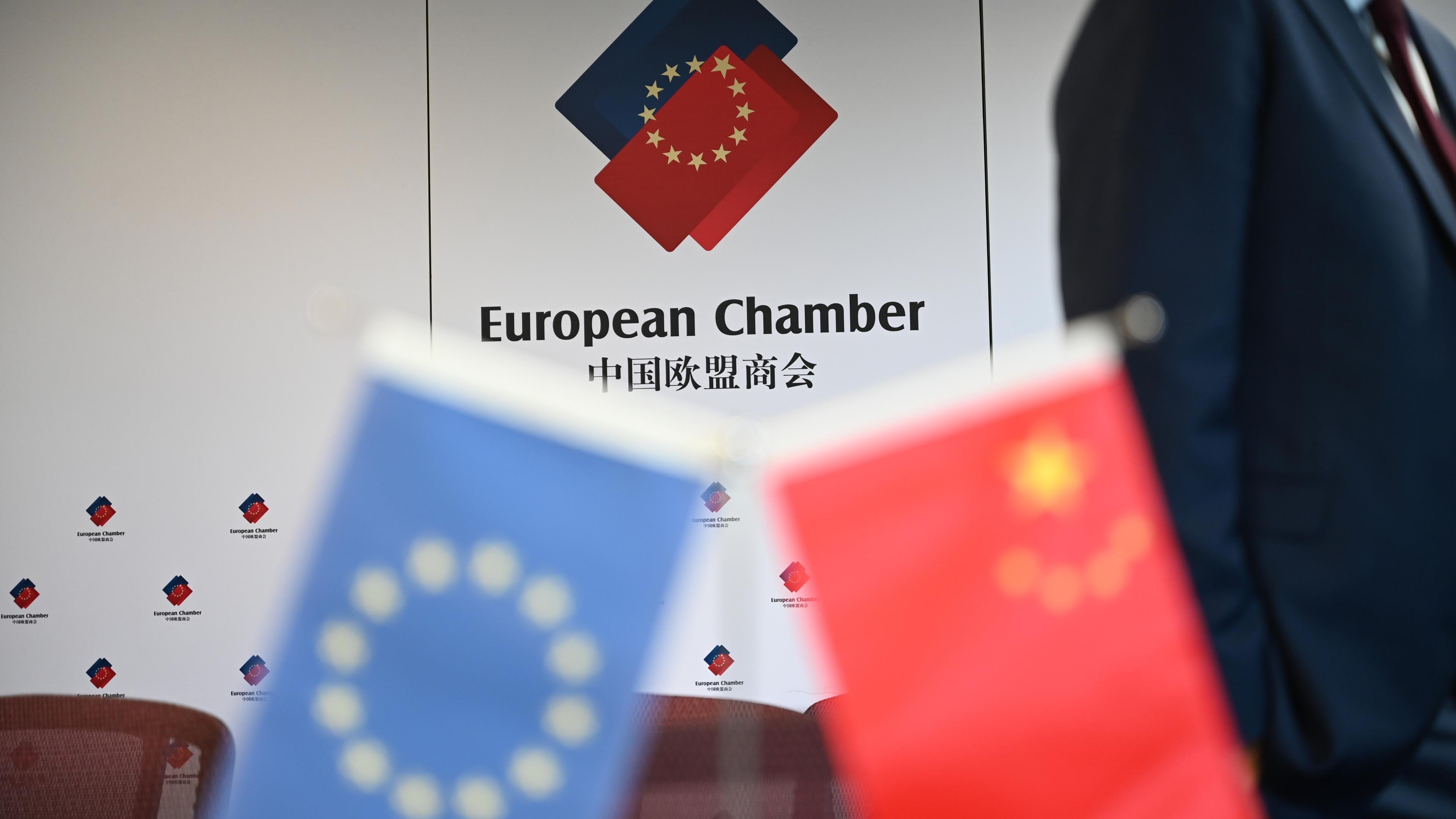new rules for paying a share at market value

The State Duma has submitted a government bill proving the opportunity for participants who leave limited liability companies (LLC) to receive the payment of their share at the market, and not its balance sheet. Now the issue of determining the value of a share often becomes the subject of judicial disputes. It is assumed that appraisers will determine the market price of shares. Experts note that this approach corresponds to the current judicial practice and will reduce the number of such disputes, but they also see some risks for companies.
The government introduced to the State Duma billconsolidating the opportunity for participants in the company to receive their share at market value for those who leave LLC. Such amendments have been developed by the Ministry of Economy since 2023 (see. « Kommersant » dated June 27, 2023 And March 25, 2024).
Let us explain that now the payment of the LLC to participants is determined by the balance value of net assets.
Often it is much lower than the market price of a share – and this leads to litigation between the co -owners of the LLC. As noted in the Ministry of Economy, the changes will affect almost 80% of legal entities in the country (this is about 2.5 million LLCs) and their adoption should reduce the number of similar lawsuits.
The Law on the LLC is planned to prescribe that the participant who leaves the business may receive the market value of the share if, before the expiration of the payment term, the corresponding application to the leadership of the company (the presence of such a paper will be a prerequisite for transferring the dispute to the court if necessary). The market value of the share will be determined by the appraiser, which can be attracted by both the participant and the company. In the case of disagreements that could not be resolved by the time of the expiration of the payment term, the outgoing participant will first receive it based on the value of net assets – with the subsequent surcharge at the market price.
B1 partner Vasily Makovkin notes that there are a lot of disputes about the price of a share – the participants demand that a market value is used instead of a balance value, and often the courts agree with this.
Many companies prevent the appraisers and, if the difference between the market and balance cost is large, immediately pay the first. So, according to Vasily Makovkin, in fact, the law is brought into line with the prevailing practice.
According to the director of the legal practice of DRT, Nikita Korobeinikov, the innovation will help reduce the level of potential abuses – in particular, manipulating the financial statements of the LLC to underestimate or overstate payments to the outgoing participant.
According to Andrei Shiryaev’s legal practice partner, on the one hand, after the adoption of the amendments, there will be more opportunities to establish a fair value of a share without going to court, on the other hand, the space for potential disagreements will expand, and the need to attract the appraiser increases the costs of the parties. The head of the practice of corporate law, M&A and international restructuring Tedo Artem Moiseenko believes that the changes are aimed at increasing the significance of the right to withdraw a participant from LLC and may act as a means of legal protection in corporate relations.
However, due to the need to spend funds (especially when it comes to the release of a major participant), you can expect practice leaving in the direction of the “total exclusion of the right to exit” from the LLC.
Corporate law adviser “Melling, Playshkin and Partners” Kirill Manshin also warns that in some cases, such an order can violate the balance of interests of the remaining participants in the company and leaving it in favor of the latter. “Outgoing participants can actually resolve the issue of liquidity of their shares at the expense of LLC and other owners,” he says. Andrei Shiryaev adds that it will be difficult for the company to defend himself from the requirements of the participant, backed up by the report on the assessment, if the society shows passivity and does not enlist its report.





:format(webp)/s3/static.nrc.nl/images/gn4/stripped/data132232318-c29531.jpg)

